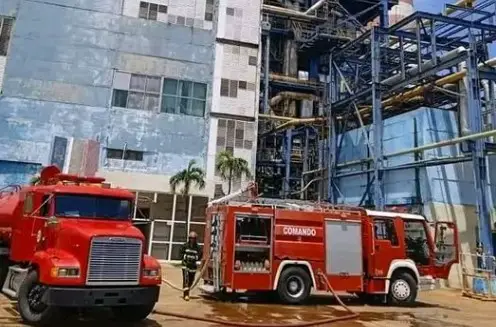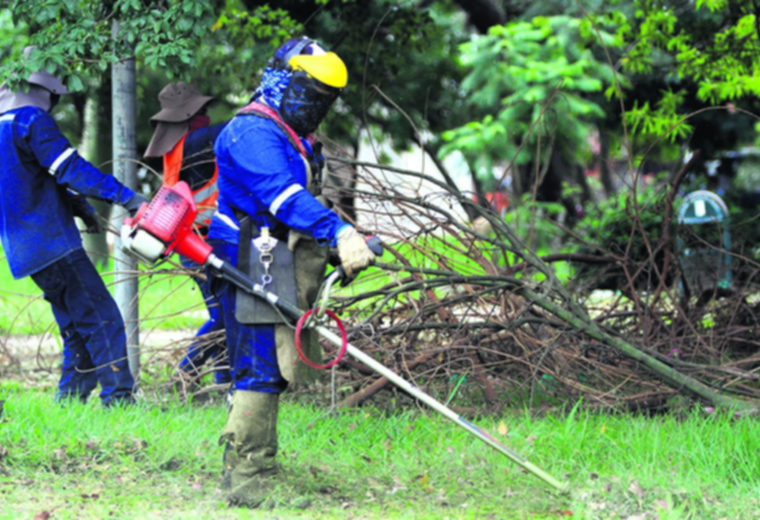MADRID, Spain.- Al ya critical outlook of the thermoelectric plants in Cuba was added this Monday a fire that occurred in unit 3 of the Ernesto Guevara Power Plant in Santa Cruz del Norte, Mayabeque.
As specified cubadebatethe incident broke out in one of the sections of the cable tunnels of said unit and “the warning plan was activated, and immediately the #1 Rescue and Salvage Command and the 3rd fire department of the Mayabeque province showed up, that stopped spreading in other areas of the thermoelectric power plant.”
No casualties or injuries were reported. Although classified as a “small range” fire, the event will prolong the maintenance work that the unit was undergoing and its incorporation into the National Electroenergetic System (SEN).
The official journalist José Miguel Solís specified from his social networks Specialists are assessing the damage.
Given the frequency of events like this, numerous Cubans criticized the security protocols of thermoelectric plants in Solís’s publication.
“It’s a curse with fires and power plants. Security protocols should be more rigorous,” said Osbel Benítez Polo.
While Pedro Luis Mena opined: “The security measures must be reviewed because it is clear that there are human failures in all these problems and the protocols should be reviewed with a view to preventing them from occurring because accidents are neither so accidental nor so inevitable.”
According to the Cuban Electric Union (UNE), unit 5 of the Diez de Octubre thermoelectric plant, unit 3 of Rente and unit 2 of Felton are currently out of service due to a fault. While the unit of the CTE Guiteras, unit 4 of the CTE Cienfuegos, unit 3 of the CTE Santa Cruz, and units 4, 5 and 6 of Rente continue under maintenance.
The Island has eight thermoelectric plants that use obsolete technologies from the former Union of Soviet Socialist Republics (USSR), Eastern Europe and France, as recognized by the Electric Union itself.
Given the technology they use and the quality of the oil they process, it is common for Cuban plants to go out of operation, either due to unforeseen failures, as the official media usually indicate, or due to presumably scheduled maintenance.

















